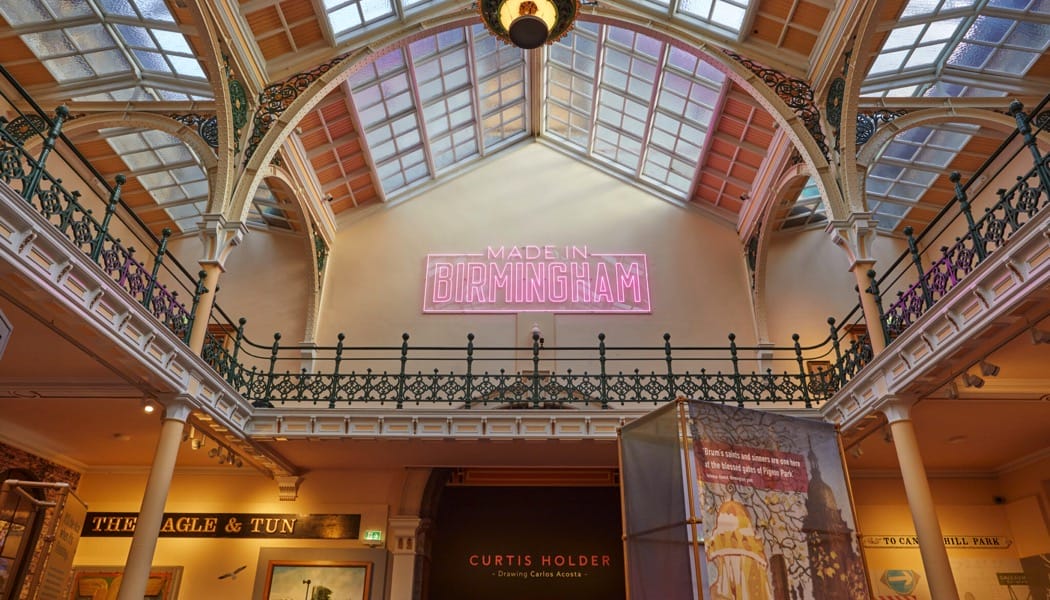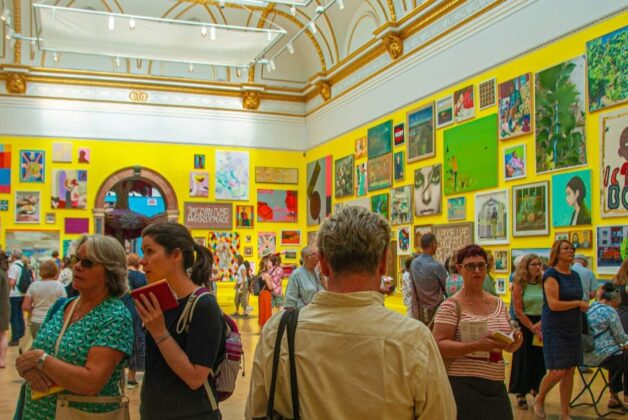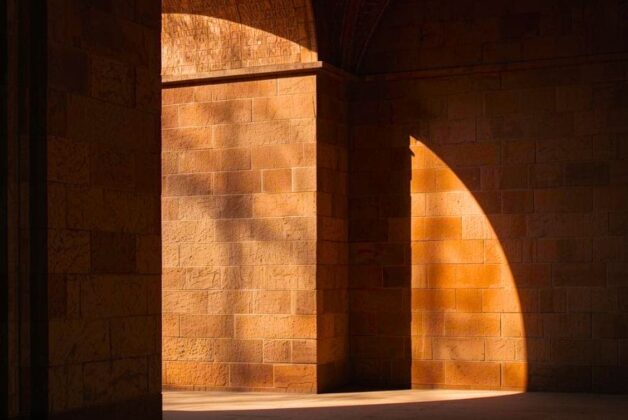Alistair Hardaker
Image: Inside Birmingham Museum & Art Gallery 2024 (Birmingham Museums Trust)
Trust plans accreditation by 2030 for new research organisation integrating collections with participatory projects and university partnerships.
Birmingham Museums Trust has announced plans to create a ‘Cultural Citizenship Research Centre, part of a new five year plan.
It comes as the trust publishes its five year strategy to 2030, ‘Laying the Foundations’, which it said will “reshape the city’s museum landscape, ensure long-term sustainability and greater community engagement.”
Birmingham Museums Trust is the largest independent charitable trust of museums in the United Kingdom, running nine museum sites across the city.
Its plans include the foundation of a ‘Cultural Citizenship Research Centre (CCRC)’, which it said was driven by a “vision to involve audiences in shaping collaborative collection research projects that authentically reflect the history and people of Birmingham.”
The center will integrate collections, audiences and participatory research and enhance university and community partnerships, it said.
The trust has previously established a ‘Citizens’ Jury’, which saw 28 local people selected to directly guide its future. In the next twelve months, Birmingham Museums Trust said will create an audience development strategy and a programming plan, guided in part by this Citizens’ Jury.
Birmingham Museums reveals guidance from its first Citizens’ Jury
To create the Cultural Citizenship Research Centre, the trust said it will identify under-researched areas of the collection, and where research could support local and regional needs, for example, in public health. It will also develop research partnerships and projects with civic organisations, universities and public bodies that fit its research strategy.
Accreditation for the new research organisation is planned by 2030.
Involving local residents in auditing and digitisation
The trust has also said it plans to involve a Citizens’ Jury in developing its next five-year Collections Development Policy. This has been delayed by a year to allow time for fundraising and establishing a jury, which it said will shape its approach to collections and contribute to the policy.
As an example, it said a Sub-Saharan African Collections Programme will see its collections of historic objects from Sub- Saharan Africa, part of its Global Majority collections, reinterpreted and redisplayed.
It said the collections are currently “under-researched, not digitised and have limited public access”, and it has a “a responsibility to display them appropriately and, in some cases, to return objects to their communities of origin.”
It plans to work with international communities and researchers to train and support Birmingham residents to “audit, document and digitise these collections to make them more accessible”.





